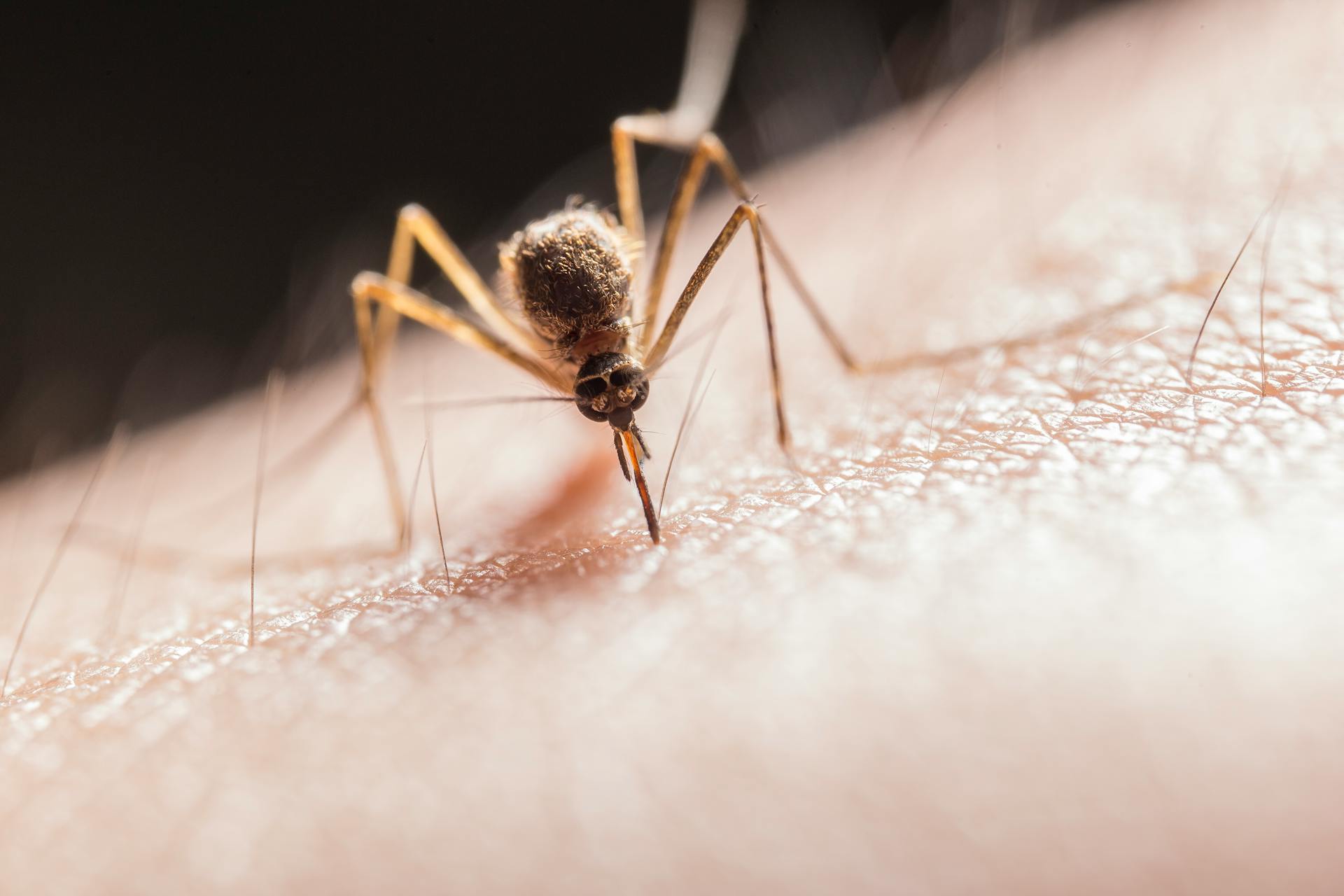Overview
Dengue fever is a viral infection caused by the dengue virus, primarily transmitted to humans through the bites of infected Aedes mosquitoes, especially Aedes aegypti and Aedes albopictus. Dengue is a significant health concern in tropical and subtropical regions, and it can affect people of all ages.
How Does Dengue Spread?
Dengue is spread through the bite of an infected mosquito. When a mosquito bites a person already infected with the dengue virus, it becomes a carrier. When this mosquito bites another person, it transmits the virus, which can then lead to dengue fever. Mosquitoes that carry dengue are usually active during the day, especially early in the morning and before dusk.
Symptoms of Dengue Fever
Dengue symptoms generally appear 4-10 days after a person is bitten by an infected mosquito and can range from mild to severe. Common symptoms include:
- High Fever: Sudden onset of fever, often reaching 104°F (40°C)
- Severe Headache: Typically intense pain behind the eyes
- Muscle and Joint Pain: Severe muscle and joint aches, sometimes called “breakbone fever”
- Nausea and Vomiting: Persistent nausea, sometimes accompanied by vomiting
- Skin Rash: A rash that can appear within 2-5 days of fever onset
- Fatigue: General feeling of weakness and fatigue
In severe cases, dengue can lead to Dengue Hemorrhagic Fever (DHF) or Dengue Shock Syndrome (DSS), which can be life-threatening. These conditions involve severe bleeding, blood vessel damage, and organ impairment, requiring immediate medical attention.
Why is Dengue Dangerous?
Dengue is dangerous because it can escalate rapidly, especially in individuals who contract it more than once. The immune response to the virus can become more severe with each infection, increasing the risk of complications. In serious cases, dengue can lead to dehydration, severe bleeding, and shock, which may be fatal if not treated promptly.
Who is at Risk?
People living in or traveling to tropical and subtropical regions are at a higher risk of dengue. Dengue is common in urban and semi-urban areas where Aedes mosquitoes thrive. Additionally, individuals with weakened immune systems and children are more vulnerable to severe dengue complications.
Prevention and Protection
There is currently no specific cure for dengue, but early detection and proper medical care can save lives. Here are key ways to protect yourself:
- Avoid Mosquito Bites: Use insect repellents, wear long-sleeved clothing, and sleep under mosquito nets.
- Eliminate Breeding Sites: Regularly empty, clean, or cover containers that hold water, as these are potential breeding grounds for Aedes mosquitoes.
- Community Efforts: Encourage community clean-up campaigns to remove standing water, which can reduce mosquito populations.
The Role of Awareness
Raising awareness about dengue is crucial for controlling its spread. By recognizing the symptoms early and taking preventive measures, individuals and communities can reduce the risk of dengue outbreaks.

